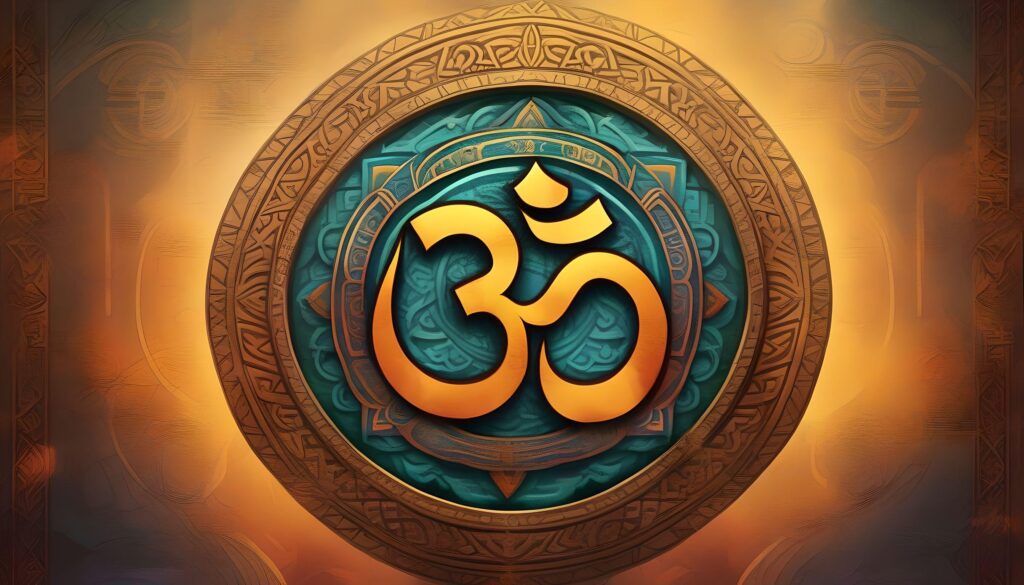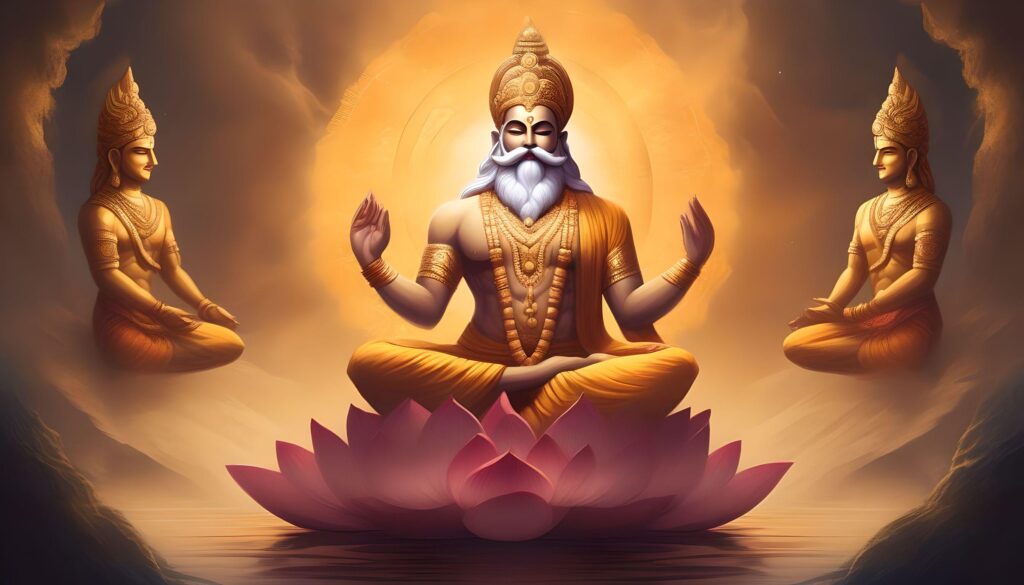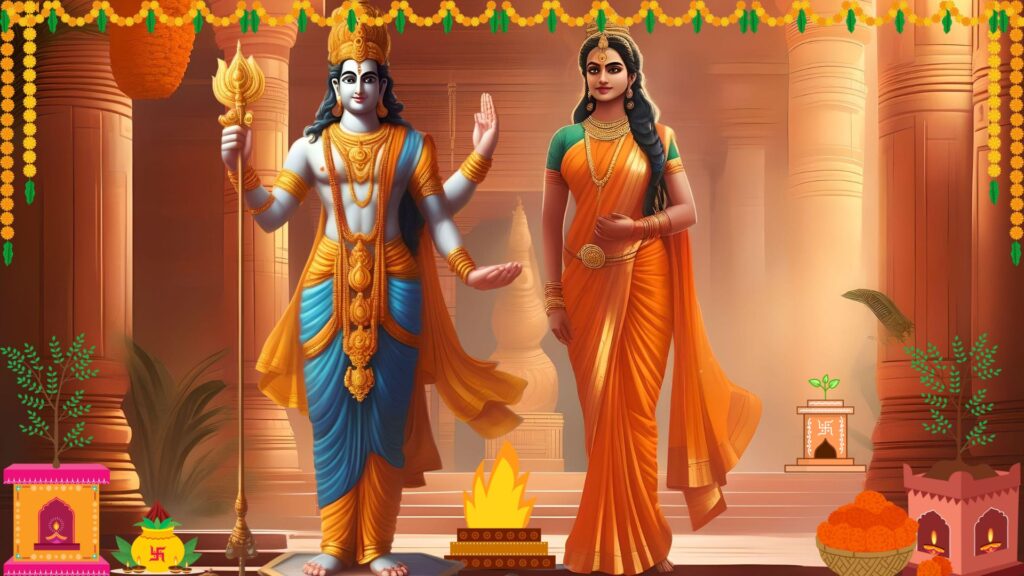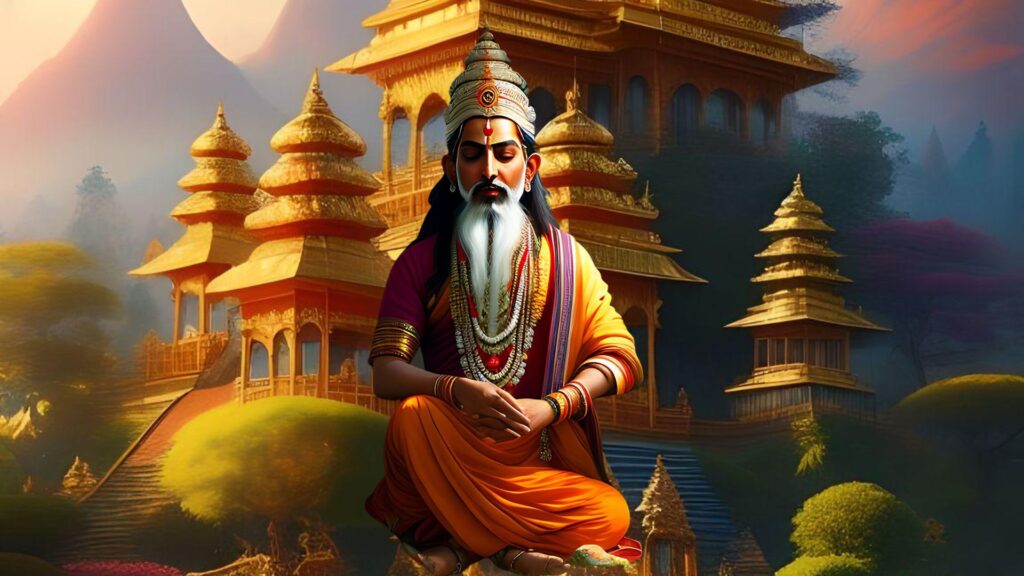Dharma : Hinduism and the Sanatan Dharma
Introduction
Hinduism, which is frequently referred to as Sanatana Dharma, is a religion that is both complex and diverse, encompassing a wide variety of beliefs, practices, and traditions. At the heart of Hinduism is the concept of dharma, or duty. Dharma is the cornerstone of Hindu ethics and serves as a guide for individuals in pursuing a life that is both purposeful and morally upright. This article will delve into the intricacies of Hinduism and examine the diverse facets of duty that are delineated in the religion.
The Essence of Sanatana Dharma
Sanatana Dharma, which translates to “eternal duty,” is based on the conviction that all entities possess inherent responsibilities that are universally applicable and timeless. It is the acknowledgment that duty is derived from the Supreme Being, Brahman, who assigns responsibilities to a variety of manifestations in the universe. These responsibilities are not merely formal obligations; they are a means for individuals to align themselves with the divine will and achieve spiritual development.
The Multifaceted Nature of Duty
In Hinduism, the concept of duty is not universally applicable. It is influenced by a variety of factors, such as one’s personal beliefs, societal roles, and life stage, and it assumes various forms. We will examine several of the primary aspects of duty in Hinduism.
Duty towards Self
In Hinduism, the primary obligation is to oneself. This includes the obligations to the body, intellect, and soul. Individuals endeavor to achieve spiritual transformation, integrity of thought, and physical and mental well-being by fulfilling these responsibilities. The Bhagavadgita underscores the significance of self-improvement, asserting that one should elevate oneself through morally upright actions and refrain from actions that result in spiritual and moral decline.
Duty towards Gods
It is acknowledged in Hinduism that gods exist in both the physical and metaphysical domains. There is an obligation for individuals to revere and venerate these deities, who embody various facets of the divine. Hindus cultivate their relationship with the gods and pursue their blessings by executing rituals and offering sacrifices. This obligation to the gods serves as a reminder of the interdependence between humans and the divine.
Duty towards Ancestors
Hinduism places a high value on ancestral worship, which is indicative of the belief in the continuation of existence after death. Hindus are indebted to their progenitors for their contributions to their gene pool and lineage. Individuals can prolong the stay of their ancestors in the ancestral world and improve their well-being in future births by engaging in rituals, offerings, and virtuous living. The bond between present and past generations is fortified by this obligation to ancestors.
Duty towards Progeny
Hindus have a profound obligation to their offspring and future generations in their capacity as parents. They are tasked with the responsibility of fostering and educating their children, as well as instilling a sense of responsibility and moral values in them. Hindu parents are expected to transmit their virtues, strengths, and good reputation to their offspring through prayers and rituals. They contribute to the preservation and prosperity of their family lineage by fulfilling this obligation.
Duty towards Fellow Human Beings
Compassion and selflessness toward one’s fellow human beings are highly valued in Hinduism. Dana, or charity, is regarded as one of the most significant virtues in Hinduism. Hindus are encouraged to provide assistance to the impoverished, provide assistance to the weak and disabled, and extend hospitality to visitors. The interconnectedness of all beings is reinforced by the perception that service to humanity is a form of service to God.
Duty towards Other Living Beings
Hinduism advocates for a harmonious coexistence with all living organisms. Hindus are expected to avoid inflicting harm or suffering to any creature and practice nonviolence, or ahimsa. In Hinduism, animals are also held in high regard, with numerous deities either adopting animal forms or employing them as their vehicles. Hindus are encouraged to actively contribute to the welfare of animals and to demonstrate compassion toward them.
Duty towards Society
In Hinduism, it is imperative to preserve the order and regularity of society. The institutions of family, caste, community, and tradition are expected to be maintained by individuals, as they act as protective measures against disorder and confusion. It is also encouraged for Hindus to promote knowledge and uphold the principles that promote social harmony. It is believed that God manifests in a variety of ways to restore righteousness when society is in decline.
Moral Duties
Hinduism places a significant emphasis on moral obligations, which encompass a diverse array of virtuous actions. Among these are the study and recitation of scriptures, petitions, worship, rituals, sacrifices, self-restraint, and the practice of virtues such as nonviolence, truthfulness, and non-stealing. The preservation of moral principles is perceived as a method of purifying one’s mind and leading a virtuous existence.
Professional Duties
Hindus are subject to specific obligations and obligations that are determined by their professions and social roles. Each profession and caste imposes its own set of responsibilities. Spiritual teachers are expected to disseminate the knowledge of Dharma, while warriors are responsible for defending their faith and land. Leaders are expected to act impartially and equitably. It is expected that laborers fulfill their responsibilities diligently, while traders and merchants are encouraged to conduct their businesses with honesty and integrity.
Duties towards Other Faiths
Hinduism advocates for the peaceful coexistence of other faiths and the promotion of religious harmony. Hindus are encouraged to exhibit amiability and restraint in their interactions with individuals of diverse religious backgrounds. Although individuals are entitled to select their own faith, they are also obligated to defend their own convictions when necessary. According to Hinduism, the divine is accessible through a variety of paths, and it advocates against intolerance and fanaticism.
Conclusion
Hinduism offers a comprehensive framework for lead a purposeful and ethical existence due to its profound understanding of duty. The concept of duty, or dharma, encompasses a wide range of human experiences, including personal well-being and societal harmony. Hindus endeavor to align themselves with the divine will and contribute to the improvement of the world by fulfilling their responsibilities. Individuals can embark on a transformative journey toward spiritual development and liberation by practicing Sanatana Dharma.







